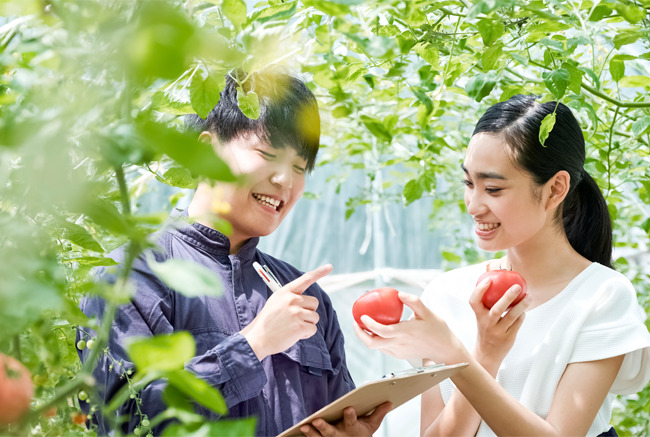Agricultural science is sluggish while being called "Riko"

As you can see, the science field is popular, but the number of agricultural applicants is not increasing.That leads to "almost" at the beginning. In the mid-1990s, biotechnology became the focus of attention, and the popularity of agriculture increased against the backdrop of what could be called a bio-boom, but it has calmed down over the last few years.There was a time when the popularity of fisheries became popular due to the research results of Kinki University, but the popularity of agriculture as a whole is sluggish.Various experts have pointed out the reason, but in reality it is not well understood.However, looking at the unit of about 15 years, the ratio of the number of agricultural applicants to the total number of applicants in the science field of private universities is declining.So to speak, it is a decline in market share.In fact, from that perspective, the market share of medical systems (including medical schools) is declining.Then, what is growing is the information and communication system of engineering (the building system is also growing).In the future, the number of examinees will decrease in earnest, so there is no hope that the market share will decline as the market scale shrinks, but in reality, the popular information system is now unpopular around 2008. It was a representative of.Therefore, it cannot be said that there is a possibility that the popularity of agriculture will return to that of agriculture.Alternatively, the keyword "food" may be used to compete with students in the neighboring family affairs.Actually, it seems that this field of home economics has more difficult challenges than that of agriculture, but I would like to take another opportunity to talk about it.

